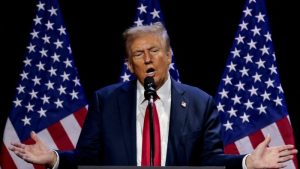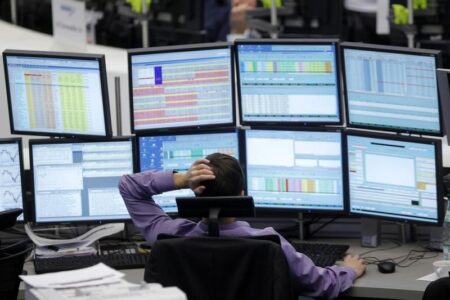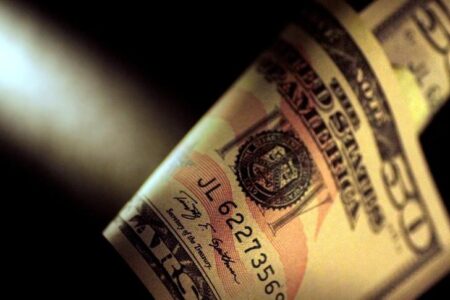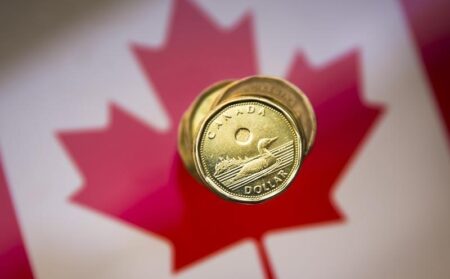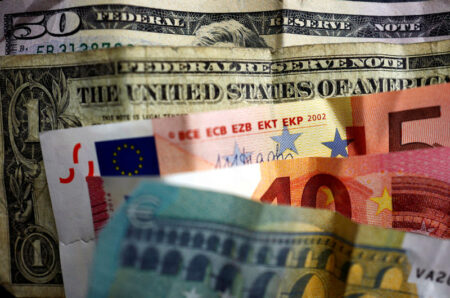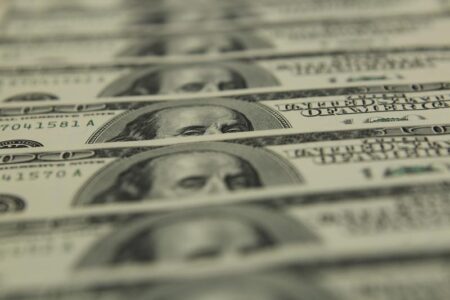By Joice Alves
LONDON (Reuters) – Sterling rose on Tuesday after data showed British basic wages grew at a record pace, adding to the Bank of England’s inflation worries, while the yuan sank to a nine-month trough after China’s central bank unexpectedly cut key policy rates for a second time in three months.
In contrast, the Russian rouble initially firmed after Russia’s central bank lifted its key interest rate by 350 basis points to 12% at an emergency meeting to try and halt the currency’s weakening past 100 to the dollar after a public call from the Kremlin for tighter monetary policy.
The pound was last 0.12% higher at $1.2700, after rising as much as 0.28% to $1.2720 following data showing British wages excluding bonuses were 7.8% higher than a year earlier in the three months to June.
That represented the highest annual growth rate since comparable records began in 2001.
The UK unemployment rate, however, unexpectedly rose to 4.2% from 4.0% with analysts flagging rising wages and unemployment would make it harder for the BoE to decide on future interest rate increases after 14 back-to-back rate hikes.
“This morning’s numbers have not just given the central bank a headache, but a migraine,” said Michael Hewson, chief market analyst at CMC Markets UK.
CHINESE SURPRISE
Elsewhere, the yuan weakened 0.4% to 7.3079 after falling as far as 7.3125 per dollar for the first time since Nov. 4 in offshore trading as the People’s Bank of China (PBOC) cut its rates in an effort to boost a sputtering economic recovery.
The yuan briefly bounced back as major state-owned banks were seen selling dollars to support the local currency.[CNY/]
The , which measures the currency against six peers including euro and sterling, edged 0.06% lower by 103.11 after hitting a 1-1/2-month high at 103.46 on Monday, buoyed by demand for the safest assets following a spate of disappointing Chinese economic indicators that raised concerns about global growth.
Punctuating those worries, Chinese data on industrial output, retail sales and investment released shortly after the PBOC’s rate cut showed unexpected slowdowns.
“We’re fast approaching a phase where bets will be on for another round of stimulus” in China, said Matt Simpson, senior market analyst at City Index.
Yield differentials point to a possible break of last year’s low of 7.3746 yuan per dollar, “but headlines that China’s state banks have been supporting the yuan should serve as a reminder that Beijing will decide if or when that happens,” he said.
Against the yen, the U.S. dollar pushed to a fresh nine-month high of 145.85.
Traders are looking for any hints of intervention, after the dollar’s surge above 145 last autumn triggered the first yen buying by Japanese officials in a generation.
“We could definitely see more verbal interventions, but unless the move is driven by speculators and the yen is out of sync with other currencies, maybe there’s still some way to go before the actual intervention comes,” said Shinichiro Kadota, a currency strategist at Barclays (LON:).
“In any case, I think concerns about intervention is definitely putting a lid on the dollar-yen around these levels.”
Japanese Finance Minister Shunichi Suzuki said on Tuesday that authorities are not targeting absolute currency levels when it comes to intervening in the market.
The Russian rouble, which has recently been dragged down by the impact of Western sanctions on Russia’s balance of trade and as military spending soars, was volatile after the central bank rate hike, initially strengthening but then starting to weaken, moving past 97 to the dollar.
Read the full article here


